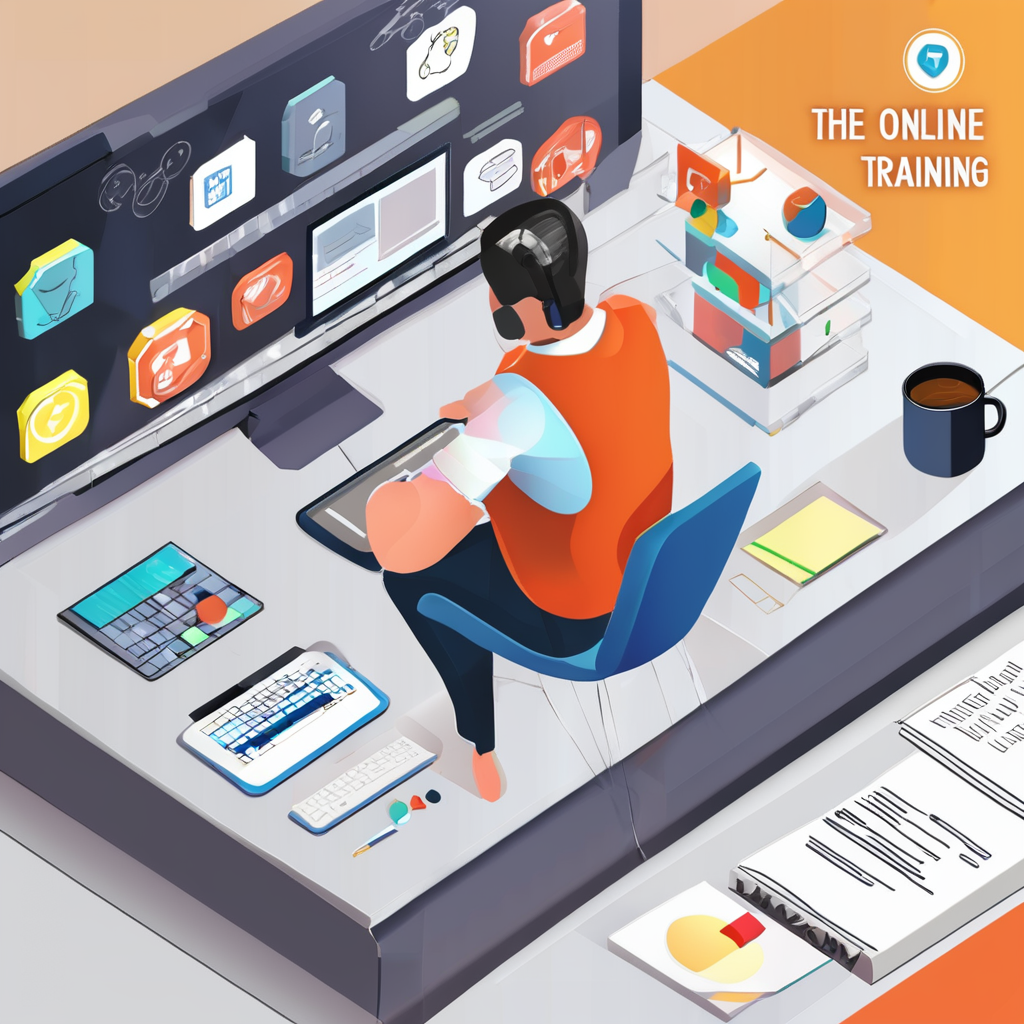Adult education online has emerged as a transformative approach to continuing education, providing adults with flexible and accessible opportunities to enhance their skills, pursue new career paths, or simply satisfy their intellectual curiosity. This mode of learning leverages digital technology to deliver a wide range of educational programs and resources tailored to the needs and schedules of adult learners.
One of the primary advantages of adult education online is its flexibility. Adults who may have work commitments, family responsibilities, or other obligations can benefit from the ability to study at their own pace and on their own schedule. This flexibility allows individuals to balance their educational pursuits with their personal and professional lives, making it possible to acquire new knowledge or credentials without disrupting their daily routines.
Accessibility is another key benefit of online adult education. Online programs eliminate geographical barriers, enabling adults from diverse backgrounds and locations to access quality education without the need to relocate or commute to a physical campus. This accessibility is particularly advantageous for individuals living in rural or remote areas, as well as those with mobility challenges.
Furthermore, online adult education offers a wide variety of courses and programs to cater to diverse interests and career goals. Whether seeking to upgrade professional skills, earn certifications, complete a degree program, or explore personal interests, adults can choose from a broad spectrum of subjects ranging from business and technology to arts and humanities. This diversity ensures that learners can find programs that align with their specific aspirations and educational needs.
In addition to flexibility and accessibility, online adult education promotes self-directed learning and digital literacy. Adults enrolled in online courses must take responsibility for managing their time, completing assignments, and engaging with course materials independently. These skills are not only essential for academic success but also transferable to professional settings, where self-motivation and digital competency are increasingly valued.
Moreover, online adult education fosters a supportive learning environment through virtual classrooms, multimedia resources, and interactive tools. These platforms facilitate communication and collaboration among students and instructors, allowing for meaningful discussions, group projects, and peer-to-peer learning experiences. Such interactions enrich the learning process and contribute to a sense of community among online learners.
In conclusion, adult education online represents a flexible, accessible, and enriching pathway for adults seeking to pursue lifelong learning and career advancement. As technology continues to evolve, online learning platforms will likely play an increasingly vital role in meeting the diverse educational needs of adult learners worldwide, empowering individuals to achieve their personal and professional goals at any stage of life.












